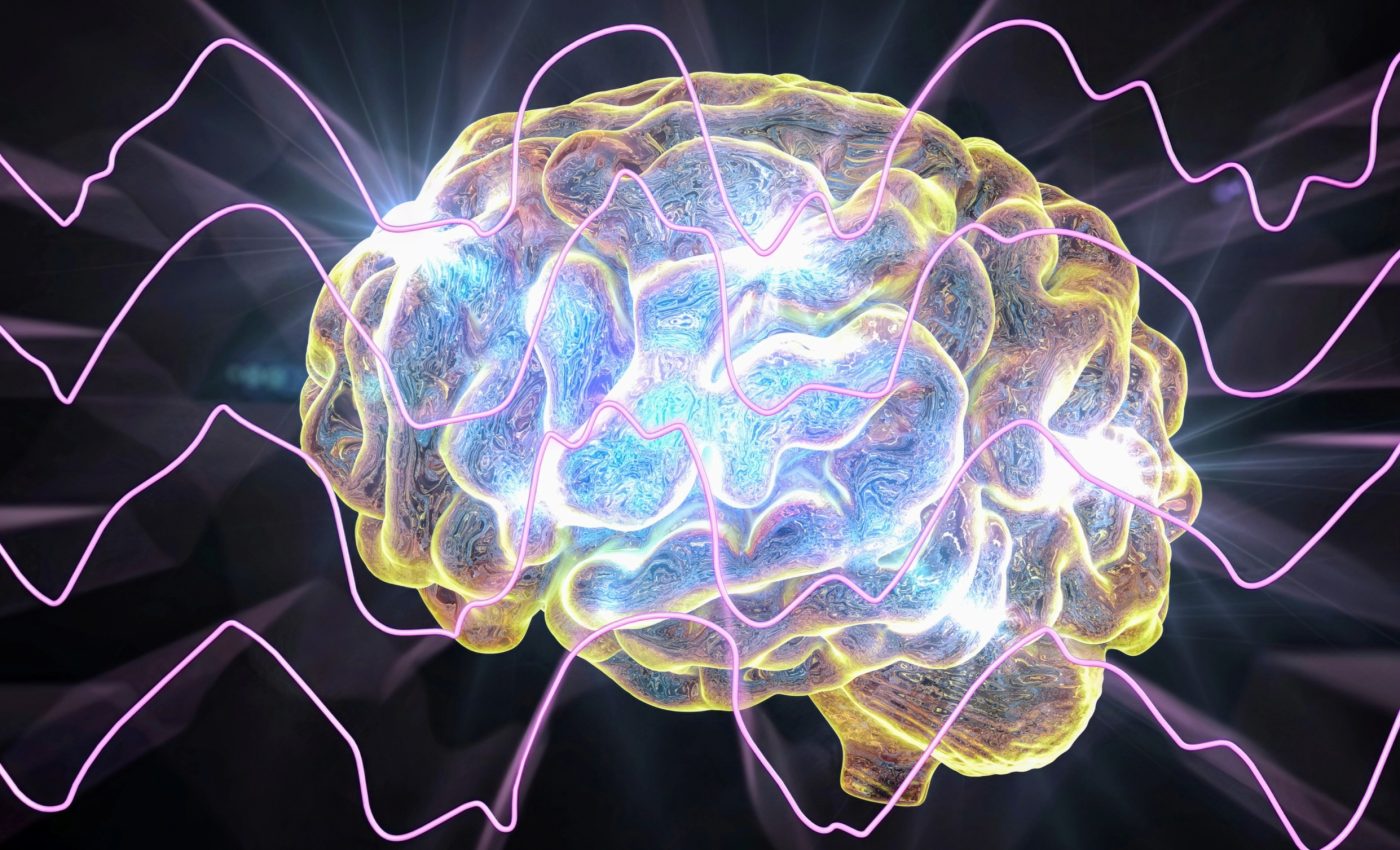
One particular sleep stage does more to protect the brain from dementia
In the journey of aging, the road is often marked by unexpected detours. Some are joyful, such as the birth of a grandchild or new opportunities for personal growth. Others, like the onset of health conditions, can be less than welcome.
Among these, dementia is a ghost that haunts the corridors of our golden years. But new research sheds light on a surprising source of cognitive protection.
The study reveals that the quality of our sleep affects the likelihood of developing dementia.
Understanding sleep stages
Our sleep isn’t just one long, uninterrupted state — it’s actually made up of different stages. We start off in Stage 1, a light sleep where we’re drifting in and out and can be woken up easily.
Then we move into Stage 2, where our body temperature drops and our heart rate begins to slow. It’s a bit deeper than Stage 1, but we’re still not in the deepest sleep yet.
Next, we enter Stage 3, also known as deep sleep or slow-wave sleep. This is the stage where our body does most of its repair work, like healing tissues and building bone and muscle.
Finally, we hit REM (Rapid Eye Movement) sleep. This is the stage where most of our dreaming happens, and our brains are almost as active as when we’re awake, but our muscles are pretty much paralyzed.
Throughout the night, we cycle through these stages multiple times, which is essential for feeling rested and rejuvenated.
Power of slow-wave sleep
Sleep is not just a monolithic block of inactivity that we schedule into our 24-hour days. It’s a rhythmic cycle, subdivided into stages, each with its unique characteristics and functions.
Among these, slow-wave sleep plays a starring role.
Slow-wave sleep is the third phase within the typical 90-minute sleep cycle, lasting roughly 20 to 40 minutes.
Think of it as the deep, rejuvenating spa bath of sleep. Your physiological processes and cognitive systems get a thorough pampering during this time.
But what benefits does this “spa treatment” bring to our bodies and minds?
Slow-wave sleep serves as a crucial health booster. It helps strengthen our muscles, bones, and immune system, and primes our brains for new learning.
Remarkably, a 2023 study revealed that Alzheimer’s patients showed improved memory performance after a healthy dose of slow-wave sleep.
Linking sleep and dementia
Neuroscientist Matthew Pase of Monash University has been examining the inner workings of sleep’s deepest stage.
“Slow-wave sleep, or deep sleep, supports the aging brain in many ways, and we know that sleep augments the clearance of metabolic waste from the brain, including facilitating the clearance of proteins that aggregate in Alzheimer’s disease,” said Pase.
So, not only does slow-wave sleep flex our memory muscles, but it also helps keep our brains tidier and healthier. But where does dementia fit into this story?
Sleep-dementia connection
To investigate the correlation between dementia and slow-wave sleep, Pase and an international team of researchers scrutinized the records of 346 participants from the Framingham Heart Study.
In particular, the team analyzed data from two sleep studies conducted over a space of approximately five years.
This unique dataset, featuring older adults with no initial records of dementia, presented an unrivaled opportunity.
Across the 17-year monitoring period, 52 dementia cases were reported. The analysis showed that those who had recorded a decrease in slow-wave sleep were 27 percent more likely to develop dementia.
Decrease in slow-wave sleep
As the researchers burrowed deeper, they noticed something peculiar. Starting around the age of 60, the rate of slow-wave sleep began to drop, peaking between 75 and 80, and then leveling off.
Upon comparing the results of the first and second sleep studies, a correlation emerged. Each percentage point decrease in slow-wave sleep per year was associated with an increase in dementia risk of 27 percent.
And when the focus shifted to Alzheimer’s disease, the most common form of dementia, the risk jumped to 32 percent.
Additional health impacts
Now, let’s take a step back and look at the broader specter of health.
The Framingham Heart Study also tracks other health markers, such as cardiovascular disease risk factors and loss of hippocampal volume, which is an early indicator of Alzheimer’s.
Lower slow-wave sleep levels seemed to indicate a greater hazard of cardiovascular disease, use of sleep-impacting medications, and the presence of the APOE ε4 gene, a notorious accomplice in Alzheimer’s.
Future of sleep and dementia research
Even though the study has unearthed some compelling insights, it’s essential to treat these findings as signposts rather than destinations. The researchers do not claim that a reduction in slow-wave sleep directly induces dementia.
Rather, they propose that dementia-related brain processes might cause sleep loss. To fully comprehend and validate these factors, additional research is needed.
In the meantime, one thing is clear – there’s no harm in getting plenty of rest. Quality sleep does a lot more than just refreshing your brain and body; it could potentially be a shield against rampant health issues, including dementia.
The in-depth findings of this study have been published in JAMA Neurology.
—–
Like what you read? Subscribe to our newsletter for engaging articles, exclusive content, and the latest updates.
Check us out on EarthSnap, a free app brought to you by Eric Ralls and Earth.com.
—–













